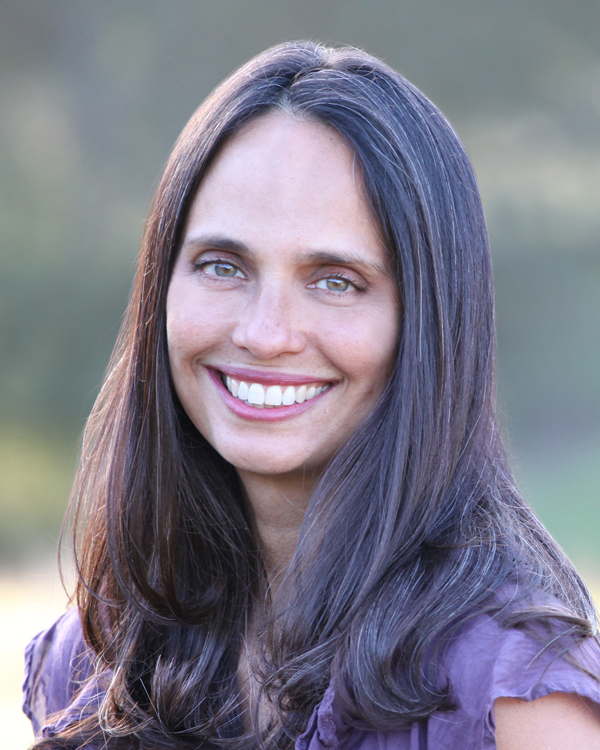
Who has a healthy relationship all the time?
All relationships are the reflection of the two people in the relationship. They will as such reflect the health of the individuals moment to moment. This means that the health of a relationship can dramatically change based on how the two people are showing up in it.
What I have noticed is that people can become very judgmental of themselves and blame themselves as not being capable of being in a healthy relationship. They feel that their human frailties cause problems and prevent the experience of a healthy relationship.
Blame becomes the source of discouragement, and when any hopefulness arises about the possibility of a better relationship, this self-blame is then used to fuel self-improvement with the goal of having healthier relationships. This is a painful cycle that only reinforces feelings of inadequacy. It is possible to get off the hamster wheel of self-improvement and your relationships will be healthier when you do.
But how do you measure what a healthy relationship is?
For example, I have the experience of a heated conversation with one of my daughters. She is critical of me. I feel hurt. There is disagreement between us. We argue. I no longer want to participate in the conversation. She now feels hurt. The conversation ends. Later that day we have a lovely dinner out and really enjoy each other’s company. How does one evaluate the health of this relationship? Is it good or bad? Do we split the difference and say average?
Experience comes and goes. There is nothing fixed about my relationship with her or anyone else.
All relationship improvement is based on a faulty premise. The premise that there is something to out there to fix. We can’t experience anything outside of ourselves.
Was I experiencing her?
No — It was all me. My experience was coming from within me. I was not impacted by her. I was having a transient experience that reflected my level of understanding in that moment. It was coming from inside of me. From another state of consciousness, I would have felt and responded differently.
Why is this important?
It is everything. To know that experience appears and disappears within me and has no bearings on what is outside of me is the ultimate in freedom and authentic empowerment. By authentic empowerment I don’t mean the personal empowerment of my ego, I mean the knowing of the infinite potential that resides within that is not part of the personal self that is beyond form. The more clearly I see that my experience is a passing and transitory and internally generated the more connected I feel to what is beyond that.
The health of my relationships is a reflection of how consciously I am connected to what is beyond my personal experience of thoughts and feelings. And that changes. Sometimes I am deeply caught up in the experience of being a separate identity flooded with feelings of personal hurt and fear. Other times I can experience deep levels of peace and not be consumed by my human thoughts and feelings. I am alway somewhere on that spectrum and my experience reflects that including my experience of my relationships.
So relationship health is never fixed, just like our physical health is never fixed. And the quality of our relationships does not require that we improve ourselves or fix our perceived frailties. Change does not come from that level. It comes from seeing beyond our personal self to who we are.
This is very practical.
If I have someone who shares with me that they struggle in relationships because they are co-dependent. They feel needy. They are uncomfortable being alone. They don’t feel happy if their partner isn’t happy. I can relate to this very human experience. However, this is nothing to pathologize. It is not a fixed problem. It is a transitory experience. It does not define you or the relationship.
If I had taken what happened with my daughter seriously, I would have been troubled by the experience. Instead, I knew it does not define me or her. I was okay with her having her emotional experience. I was also okay with the experience inside of myself. It comes. It goes. It is not who she is. It is not who I am.
I cut my knee. The cut comes and goes. It does not define me. I get a cold. It comes and goes. It is not who I am. I have an emotional experience of hurt and anger. It comes and goes. It is an experience. It is not who I am.
The same is true for all of the below traits of codependence. They are experiences that come and go. They do not mean anything about you. They are not who you are.
- You feel needy.
- You feel insecure and try to please your partner to feel better.
- You feel afraid to set boundaries and say no.
- You try to feel better by trying to fix your partner.
- You feel manipulated by your partner but continue to stay.
- You have trouble being honest for fear of upsetting your partner
- You feel worthless, anxious, and depressed
- You are afraid of being alone.
These are all experiences that come from inside of you. Seeing that is the place to start. This is the opposite of victim-blaming. It is victim-awakening. Waking up to the fact that you have experience, and that the experience is not you is freedom. I am asking you to look beyond your thoughts, feelings, and behaviors to the deeper part of you that is beautiful beyond measure and powerful beyond belief. Psychology has failed us by only looking at what can be measured instead of remembering its root is in the Greek word psyche meaning soul. The impersonal energy behind life.
All of the above descriptions of experience are remedied by remembering who you are. I am not saying don’t seek help or take medication if needed, but everything described above is the result of feeling separate from your true nature. Rather than trying to fix yourself or your relationship, what about looking within and listening to what you know to be true beyond your thoughts and beliefs about yourself. The natural wisdom that is pre-conditioning. As Kant would say, a priori knowledge. Listen deeply to your true self.
Nothing is required other than the willingness to sincerely look in that direction with an open mind. It requires the staying power to ride out the noise of the conditioned habitual thoughts that are like waves crashing on the shore, but listening more deeply does not disappoint. Your wisdom is your guide. It is your compass. No one has that — Only you. No one can take it away from you, and no one knows better than you.
The health of your relationships will reflect how well you listen to your own deeper knowing. And it is okay for the health of your relationships to fluctuate just like the health of the human body fluctuates. We don’t kill off our body because it gets a bad flu. A healthy relationship has room for all of you. It does not require perfection.
I am not saying that anything goes and you have to stay in any relationship. But if you are in a relationship or want to be in one, understand that the health of it comes from within. It is theoretically possible for one person to be in an amazing relationship full of love and understanding and the other person to be in a relationship of dysfunction. This doesn’t usually happen because we tend to pick partners with the same level of understanding as us. But I do see this frequently when one person in a relationship shifts in consciousness and the other person doesn’t. The person who has a deeper experience of who they are can feel love and compassion for their partner even if their partner is behaving badly. This is what happened with Angus and me. I had a shift in consciousness that allowed me to not take his angry behavior personally. That was enough to change the whole dynamic of our relationship and I went from feeling like a victim in it to realizing the love that was there between us.
Bottom line, if you are struggling in your relationship or if you feel that you don’t have what it takes to be in a healthy relationship, forget about your relationship, your partner, and improving yourself. Instead, look within to who you are. Spend time getting to know your true nature. The peace and inner freedom that arises provides you with a new reference point for approaching love and relationships. It is a reference point grounded in reality rather than the subjectivity of experience. It allows you to be with your shifting experience and your partner’s experience with a foundation in wellbeing no matter what the human experience is serving up that day.
This is not about a perfect relationship. It is about you looking to who you are so you can enjoy yourself and your relationship more fully no matter what your experience is in the moment.
Your wisdom will never lead you astray. Your loving nature always has your best interest at heart. Trust your Self first and follow the lead of true nature.
Rohini Ross is passionate about helping people wake up to their full potential. She is a transformative coach, leadership consultant, a regular blogger for Thrive Global, and author of the short-read Marriage (The Soul-Centered Series Book 1) available on Amazon. You can get her free eBook Relationships here. Rohini has an international coaching and consulting practice based in Los Angeles helping individuals, couples, and professionals embrace all of who they are so they can experience greater levels of well-being, resiliency, and success. She is also the founder of The Soul-Centered Series: Psychology, Spirituality, and the Teachings of Sydney Banks. You can follow Rohini on Facebook, Twitter, and Instagram, and watch her Vlogs with her husband. To learn more about her work go to her website, rohiniross.com.

